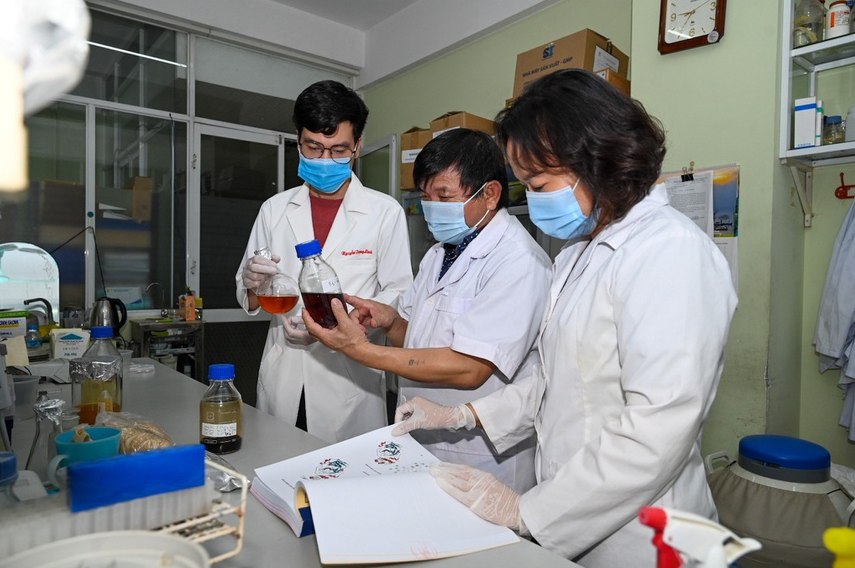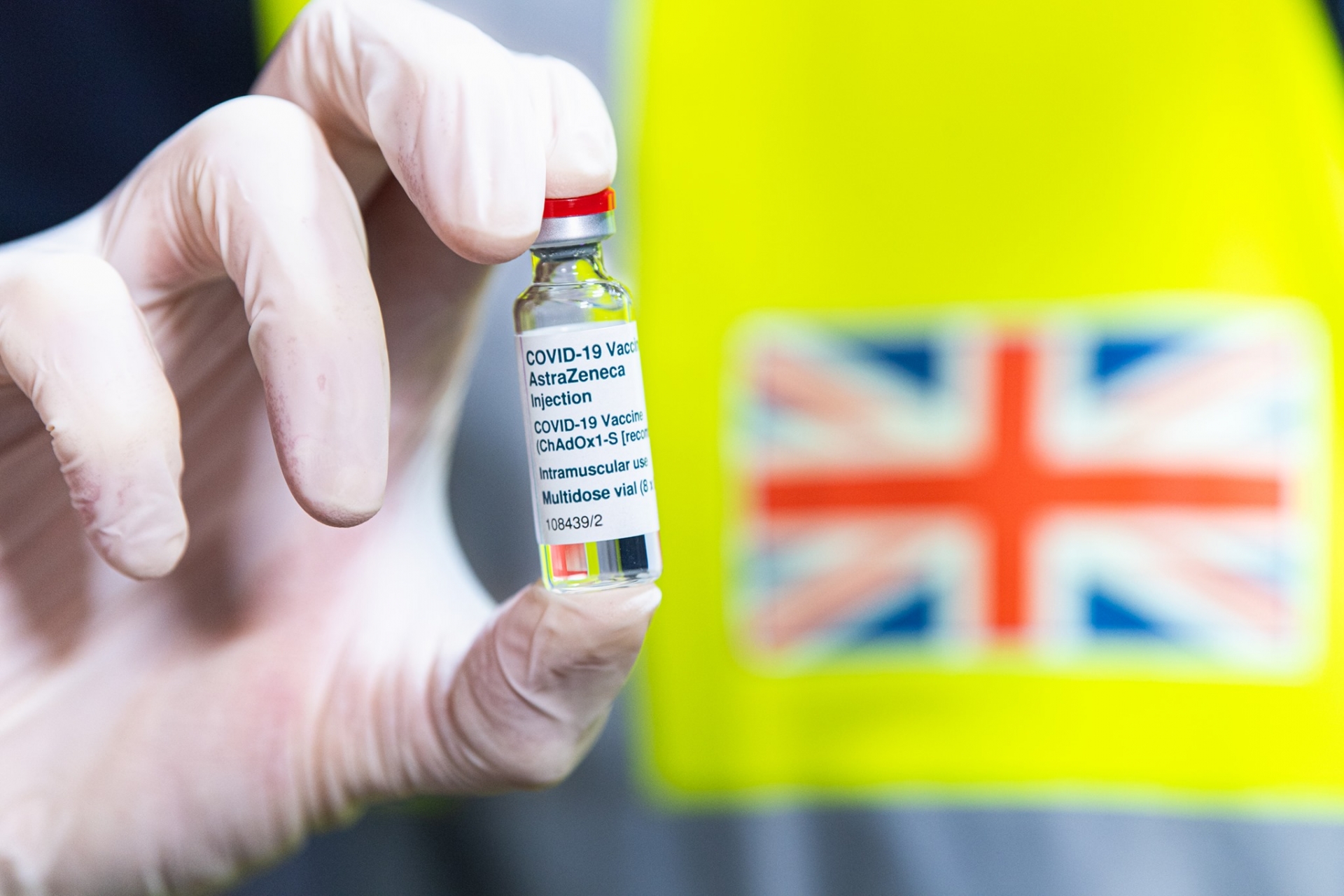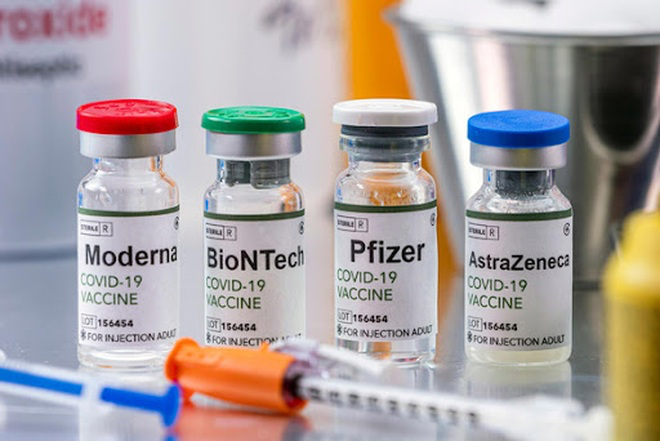COVID-19 and dietary supplements: What you might want to know
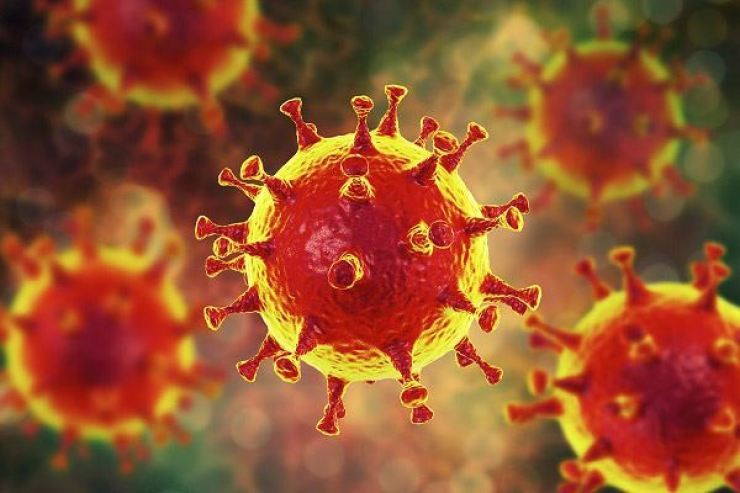 |
| The coronavirus. |
The dietary supplement frenzy
Ashley Koff, a registered dietitian in Columbus, Ohio (US) shared with The New York Times that in the past few weeks, she has gotten a deluge of requests from people who want to know which dietary supplements they should take to protect themselves from COVID-19.
People ask how much elderberry syrup, colloidal silver and oil of oregano they should take to boost their immune systems. One person who tested positive for COVID-19 and was sent home from a hospital to recover texted Koff asking for supplement recommendations. Others wonder whether they should drink ample amounts of kombucha and use essential oils as hand sanitiser.
Dietary supplement sales have surged in the US as panicked consumers stock up on vitamins, herbs, extracts and cold and flu remedies. None of these products have been shown to lower the likelihood of contracting COVID-19 or shortening its course, and taking large doses of them can potentially do harm. But experts say that the jump in sales suggests many people are desperate to strengthen their body’s immune defenses and ease their heightened anxiety levels.
Vitamin D and multivitamins for children and adults have also experienced unusually sharp spikes in sales this month. So has melatonin, which some studies have shown may aid sleep. Driggs said that the growth in melatonin was probably related to an increase in stress-related sleep disruptions.
| The United States has now recorded more than 123,000 cases of COVID-19, the disease caused by the virus, the most of any country in the world. Dr Anthony Fauci, director of the National Institute of Allergy and Infectious Diseases, estimated in an interview with CNN that the pandemic could cause between 100,000 and 200,000 deaths in the United States. A shortage of ventilators in several major cities worsened as the US death count crossed 2,100 on Saturday, more than double the level from two days ago. |
Across the US, pharmacies dealing with dwindling supplies have placed limits on the amounts of vitamins, Zicam, Emergen-C and other supplements that customers can purchase.
The frenzied buying has led some companies and wellness enthusiasts to prey on public fears. Countless natural remedies for COVID-19 have circulated on social media, including herbs, saltwater, creams, toothpastes and “miracle mineral solution,” a mixture of sodium chlorite that the Food and Drug Administration has warned is tantamount to drinking bleach.
In response, the US Food and Drug Administration and Federal Trade Commission sent warning letters to at least seven companies warning them to stop advertising fraudulent cures and treatments for COVID-19, including essential oils, elderberry teas and colloidal silver supplements. The agencies cautioned that colloidal silver in particular is “not safe or effective” for any disease or condition.
The fastest selling supplements are those that have long been the subject of research on cold and flu relief, including zinc, vitamin D and elderberry extract. Zinc is thought to inhibit replication of the virus that causes the common cold. Some randomised trials have found that taking high doses of it may help to lower the risk of contracting a cold and potentially shorten its duration by 20 per cent.
More harm than good
Supplementing with moderate doses of vitamin D has been shown in some trials to help lower the risk of contracting the cold and flu, but the effect is mainly seen in people who have very low or deficient levels. And a handful of small, industry-funded trials have found that elderberry extract can shorten the duration and severity of the cold and flu.
But the evidence for most of these supplements is not strong, and it’s not possible to extrapolate that they will help prevent or treat COVID-19 because they have some efficacy against the cold and flu, said Kamal Patel, a nutrition researcher and the director of Examine.com, a large and independent database of supplement research. These viruses are quite different from one another. COVID-19, for example, has a more severe impact on the lower respiratory tract and a longer incubation period compared to the viruses that cause colds and influenza.
Taking large doses of single vitamins and minerals also carries risks. Excessive levels of zinc, for example, can disrupt the body’s uptake of copper, increasing the likelihood of anemia. Vitamin D is not metabolised efficiently without an adequate level of magnesium, and in high doses it can be toxic.
Vitamins and herbal supplements can also interact with prescription medications, dampening their effectiveness or, in the case of blood thinners, for example, raising concentrations to dangerously high levels.
There are times when taking a supplement can be very useful, such as during pregnancy or to address a clear nutrient deficiency. But for healthy adults who are worried about COVID-19, eating a nutritious diet and getting proper sleep and exercise are the best ways to strengthen your immune system, said Linda Van Horn, chief of nutrition in the department of preventive medicine at the Northwestern University Feinberg School of Medicine.
Whole foods like fruits, vegetables, fish, poultry, nuts, legumes and milk contain a wide range of vitamins, minerals and phytochemicals — including zinc and vitamin D – that work in synergy to protect your health.
“This is an ideal time to look at what you’re eating,” said Van Horn. “We all know that grocery stores have been experiencing some limitations. But for the most part people are still able to find fresh produce and other healthy foods.”
Koff, the dietitian in Ohio, said she tells people it is fine to take a multivitamin to address any gaps in their nutrition. But she encourages people to focus on their diet, stress levels and sleep, and warns them not to overload their systems with large doses of supplements.
“This is the time to start implementing behaviours that support your health, not going and taking high amounts of things that are incorrectly listed as immune boosters,” she said./.
 | HCM City stops granting new work permits to foreigners from coronavirus-hit areas HCM City has temporarily stopped granting new work permits to foreigners arriving from COVID-19-affected areas. |
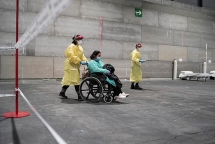 | Coronavirus doesn't affect only the lungs, new research suggests New research suggests the coronavirus can even injure healthy coronavirus patients' heart muscles or cause partial heart failure, including among people who do not present ... |
 | A cat in Belgium infected with coronavirus A house cat has been infected with the novel coronavirus in Belgium after being contaminated by its owner, Belgian health authorities said Friday (Mar 27). |
In topics
Recommended
 Handbook
Handbook
Vietnam Moves Up 8 Places In World Happiness Index
 Handbook
Handbook
Travelling Vietnam Through French Artist's Children Book
 Multimedia
Multimedia
Vietnamese Turmeric Fish among Best Asian Dishes: TasteAtlas
 Handbook
Handbook
From Lost to Found: German Tourist Thanks Vietnamese Police for Returning His Bag
Popular article
 Handbook
Handbook
Prediction and Resolution for the Disasters of Humanity
 Handbook
Handbook
16 French Films To Be Shown For Free During Tet Holiday In Vietnam
 Handbook
Handbook
Unique Cultural and Religious Activities to Welcome Year of the Snake
 Handbook
Handbook












